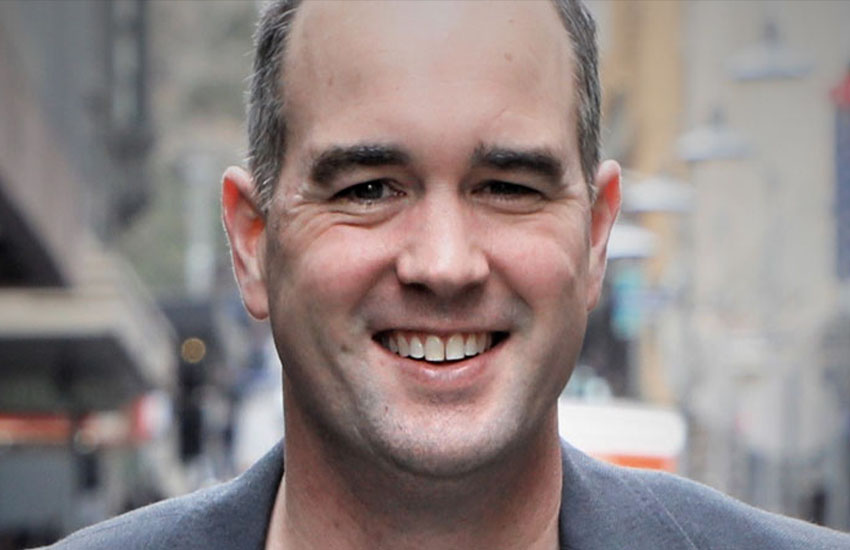Smarter SMSF chief executive Aaron Dunn said SMSF professionals should expect to see large changes in the advice space this year ahead of the Quality of Advice Review the government is undertaking and other changes in relation to the Tax Practitioners Board and the registration of advisers who provide tax (financial) advice services.
"The Quality of Advice Review is going to be quite significant in itself. Surrounding that, in the past 12 months or so we've seen changes to way in which registrations occur with the removal of tax (financial) advisers [..] from the Tax Practitioners Board," said Mr Dunn in a recent SMSF Adviser Show podcast.
You’re out of free articles for this month
"We've also seen ASIC come out recently [to] provide further guidance on its scaled advice approach and in that regard working through a fairly large brief from responses in industry as to how advice could be improved for piece-by-piece advice."
Mr Dunn also noted some of the temporary relief measures implemented by ASIC for advice around the early access to super measures introduced in response to the pandemic.
The temporary relief eliminated the need for advisers to provide a statement of advice (SOA) to clients and permitted registered tax agents to give advice to existing clients in relation to advice on early access to superannuation.
"That general concept was broadly accepted as a bit of model that we could move forward on. Now there were reasons why a lot of accountants and advisers didn't do that and a lot of it was around the limit on the fee that could be charged but as a concept, there appeared to be a bit of universal acceptance," explained Mr Dunn.
Mr Dunn said that from an advice perspective, there are fairly uniform views and consensus between the accounting professions, the SMSF Association and the FPA, all agreeing on how the industry could go forward.
"That to me is one of the most important things because we want advice and the way in which it helps consumers to be driven by a profession that lives and breathes it every day, not dictated by regulators, who don't have the exposure to the 90 or 95 per cent of people who get dealt with every day," he said.
"Unfortunately, it's just the nature of the work that they do, a bit like how the [regulators] deal with the outliers and a lot of the problems that sit in the industry, which isn't a true representation of the quality of the advice that's actually being provided."
He also noted Labor's election commitment to provide a carve out from the requirement for experienced financial advisers to have a university degree where they have 10 years of experience.
The government has since released its own proposal to ease the requirements of experienced advisers, so that advisers with 10 or more years of full-time experience as a financial adviser in the last 12 years only need to complete a tertiary level unit of the Code of Ethics in order to continue providing financial advice.
"Advice will be quite a political football when it comes to this years' federal election," said Mr Dunn.
Miranda Brownlee
AUTHOR
Miranda Brownlee is the deputy editor of SMSF Adviser, which is the leading source of news, strategy and educational content for professionals working in the SMSF sector.
Since joining the team in 2014, Miranda has been responsible for breaking some of the biggest superannuation stories in Australia, and has reported extensively on technical strategy and legislative updates.
Miranda also has broad business and financial services reporting experience, having written for titles including Investor Daily, ifa and Accountants Daily.
 Login
Login







